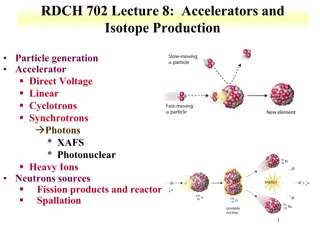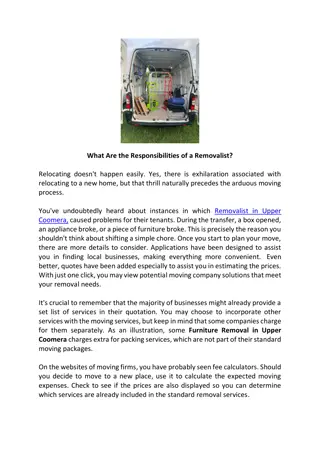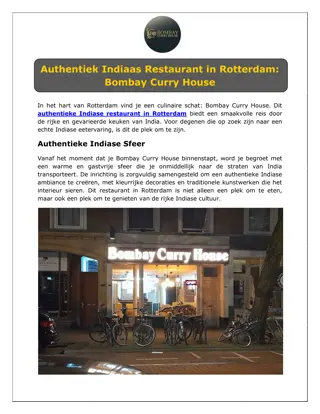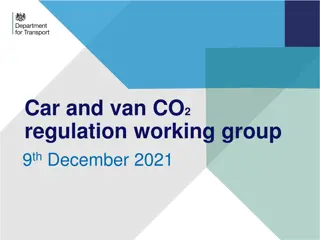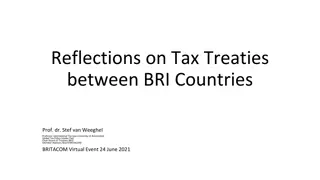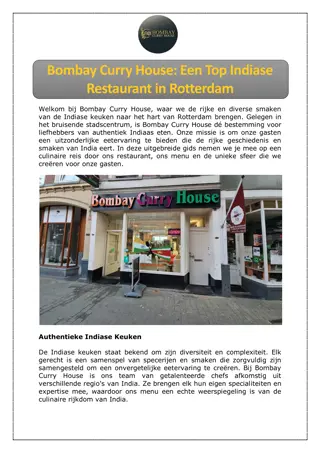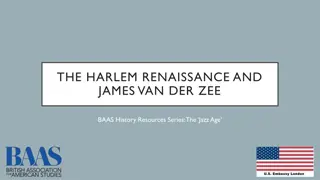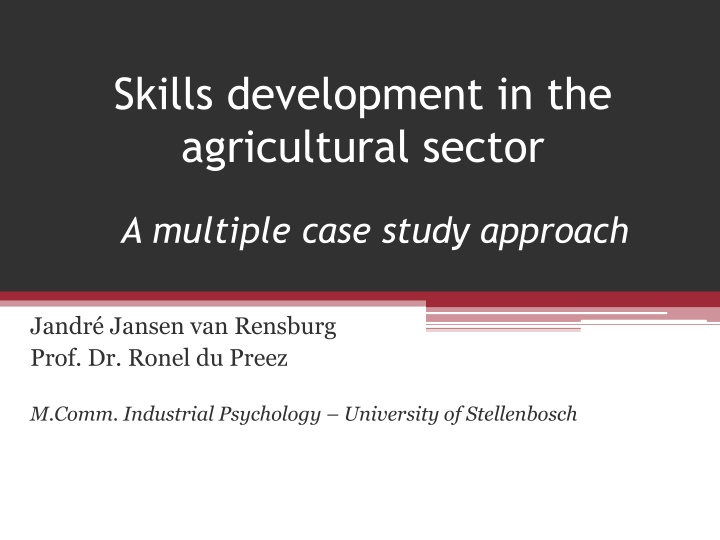
Agricultural Sector Skills Development: Multiple Case Study Approach
Explore the imperative of skills development in the agricultural sector through a multiple case study approach. Discover the framework, research methods, results, and implications for application and future research in this comprehensive study conducted by Jandr Jansen van Rensburg and Prof. Dr. Ronel du Preez at the University of Stellenbosch.
Download Presentation

Please find below an Image/Link to download the presentation.
The content on the website is provided AS IS for your information and personal use only. It may not be sold, licensed, or shared on other websites without obtaining consent from the author. If you encounter any issues during the download, it is possible that the publisher has removed the file from their server.
You are allowed to download the files provided on this website for personal or commercial use, subject to the condition that they are used lawfully. All files are the property of their respective owners.
The content on the website is provided AS IS for your information and personal use only. It may not be sold, licensed, or shared on other websites without obtaining consent from the author.
E N D
Presentation Transcript
Skills development in the agricultural sector A multiple case study approach Jandr Jansen van Rensburg Prof. Dr. Ronel du Preez M.Comm. Industrial Psychology University of Stellenbosch
Agenda Introduction Framework Research Methods Results Application Conclusion Agenda
Introduction Imperative of the study: As part of a research niche area; Exploring a neglected realm of knowledge; Developing and evaluating a framework of variables; and Establish groundwork for future research Introduction
Introduction Skills development is needs driven: Macro-level State PESTEL Meso-level Micro-level Employers Sustainable Profitability Individual Organisation / Farm Employees Livelihood Introduction Government / Sector
Combined framework Framework development
Multiple Case Study method Potential concerns with validity, reliability, objectivity Case Selection Active skills development Larger employers (25+ permanent staff) Sound labour relations Research methods
Results Case overviews Case 1: Rooibos farm 1, Clanwilliam Close corporation R 2.5 million remuneration spend 40 permanent employees R 25,000 skills development levies; R 50,000 training budget Training focus: Functional / operational training focus Empowerment programme Results
Case overviews Case 2: Rooibos farm 2, Clanwilliam Privately owned R 1.3 million remuneration spend 50 permanent employees R 13,000 skills development levies; R 26,000 training budget Training focus: Functional / operational training focus Social development training (e.g. HIV / AIDS workshops) Planned empowerment programme Results
Case overviews Case 3: Fruit farm, Citrusdal Privately owned R 11.8 million remuneration spend 165 permanent employees R118,000 skills development levies; no fixed training budget Training focus: Functional / operational training focus Basic managerial skills training (when available) Empowerment trust Results
Case overviews Case 4: Wine farm 1, Franschoek Private Company Unknown remuneration spend 123 permanent employees Unknown skills development levies; unknown training budget Training focus: Broad training and development focus Two empowerment trusts Social development focus Results
Case overviews Case 5: Wine farm 2, Paarl Corporate owner Unknown remuneration spend 26 permanent employees Unknown skills development levies; unknown training budget Training focus: Functional / operational focus Social development training Results
Case overviews Case 6: Wine farm 3, Paarl Corporate owner Unknown remuneration spend 61 permanent employees Unknown skills development levies; unknown training budget Training focus: Functional / operational focus Social development training Results
Adapted framework Results
Application Purpose of research: results are not prescriptive Inhibited by methods and lack of existing research Introductory study: complex framework Broad framework of variables established Organisational variables Individual variables Application
Basic practical conclusions Organisational Variables Strategy and planning Culture Meso-level Labour relations Organisation / Farm Climate Systems Application
Basic practical conclusions Individual Variables Inherently complex individuals Ability Actual and Perceived Micro-level Motivation Locus of control Individual Attitude Application
Conclusion Development is a South African imperative Agricultural sector is especially important Significant negative impact of past practices are still prevalent and need urgent redress By considering the framework provided, it is hoped that more can be done in this sector Conclusion




